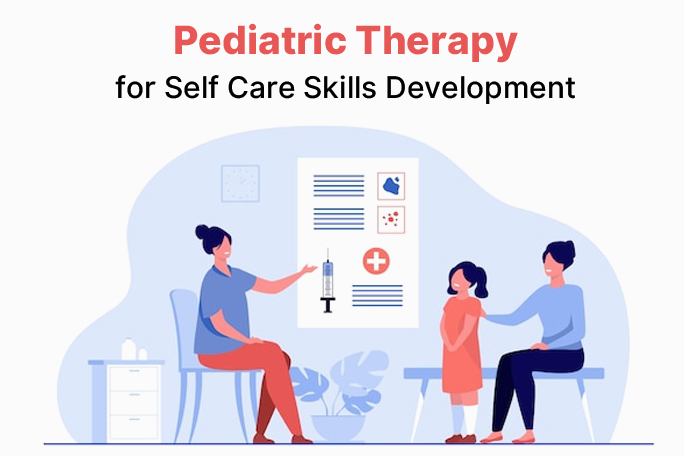

In the field of physiotherapy, success depends on patient engagement and commitment to treatment regimens. Among the several tactics, scheduled appointment reminders for patients stand out as a very powerful yet underutilized technique. Investigating the psychological underpinnings of these reminders leads to fascinating insights about human motivation and behavior. These findings are crucial for improving […]
In the field of physiotherapy, success depends on patient engagement and commitment to treatment regimens. Among the several tactics, scheduled appointment reminders for patients stand out as a very powerful yet underutilized technique. Investigating the psychological underpinnings of these reminders leads to fascinating insights about human motivation and behavior. These findings are crucial for improving patient experiences and achieving better treatment outcomes.
The psychology behind physiotherapy appointment reminders reveals a profound understanding of human motivation and behavior. Clinics may dramatically increase patient involvement and adherence by utilizing cognitive priming, reciprocity, reduction of decision fatigue, anticipation, and emotional connection. These reminders go beyond simple alerts; they have significant influence as powerful tools supporting commitment and trust, eventually playing a crucial role in enhancing treatment effectiveness.
Have an insight into how these scheduled appointment reminders for patients contribute to improved patient experiences and treatment results –
Scheduled appointment reminders serve as cognitive triggers that help patients remember their upcoming appointments. This subliminal reminder encourages patients to feel committed to their treatment regimen and regular. In this situation, the psychological idea of consistency is quite important. Once patients confirm an appointment, they are more likely to keep it because they want to maintain their perception of themselves as reliable and responsible people.
People in the modern world have to deal with a deluge of options and duties. Patients who get scheduled reminders experience relief from decision fatigue because they no longer need to consciously remember appointment times, freeing up brain space for other tasks. This psychological relief encourages a positive relationship with the clinic and its commitment to assisting patients in achieving wellness.
Reminders for scheduled appointments produce a feeling of keen anticipation. Patients start mentally preparing for their upcoming session by picturing their progress and the encouraging words that are waiting for them. Their motivation to keep the appointment is increased by this positive association, which is motivated by their desire to take advantage of the anticipated benefits.
Human nature predisposes us to return favors and follow social norms. Patients see clinics that make an effort to send out appointment reminders as being thoughtful and caring. This causes a psychological reaction based on reciprocity, which motivates patients to show up for their planned visits as a way of thanking the clinic for its outreach. In addition, patients may feel a feeling of social responsibility toward their healthcare practitioner and other patients, which motivates them to keep their visits as scheduled.
Overall, these scheduled appointment reminders for patients appeal to the virtues of reciprocity and social responsibility by appealing to our innate propensities to return kindness and adhere to accepted social standards. Patients view clinics making the effort to send out these reminders as a major display of thoughtfulness and attention.
Patients consider the capabilities of physiotherapy management software to deliver reminders as a sign of care and attention, which causes a reciprocity reaction. This dynamic promotes a deeper patient-provider relationship and improves treatment results by encouraging patients to keep their planned sessions as a way of honoring the clinic’s promise.
Receive updates, business advice, and easy-to-follow tips in your inbox with just a tap.
Does your Physio therapy business needs a boost? Access the ready to implement ideas & strategies.